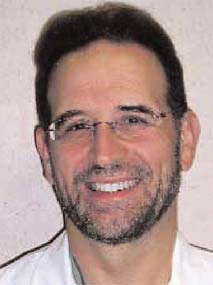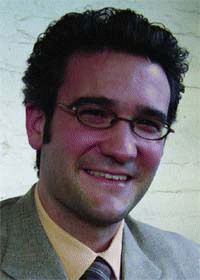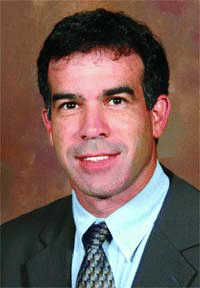Does the time between aspiration and retrieval of an airway foreign body affected the pediatric patient’s outcome?


Does the time between aspiration and retrieval of an airway foreign body affected the pediatric patient’s outcome?

When a pediatric patient presents with a diagnosis of chronic sinusitis and rhinitis, my modus operandi is to assess the patient, review the history, and provide medical treatment as indicated.
Although little prospective data exist evaluating surgical turbinate reduction for chronic pediatric sinusitis and rhinitis, some otolaryngologists do perform the procedure on patients for whom medical therapy has been aggressively tried but clinical symptoms persist.

Although migraine headache and dizziness coexist in a sizable proportion of the general population, the interface between migraine and dizziness is not well understood, according to a panel of experts.

At its annual meeting, the American Academy of Otolaryngology-Head and Neck Surgery released its long-awaited multispecialty practice guidelines for treatment of adult rhinosinusitis.


A conservative approach to treatment of patients with squamous cell carcinoma from unknown head and neck primary cancers compares favorably with results of other reported more aggressive protocols utilizing comprehensive irradiation or concurrent chemoradiation, according to study results reported by Rajan S. Patel, MBChB, MD, April 29 at the American Head and Neck Society’s program during the Combined Otolaryngology Spring Meeting.


Neonates with younger gestational age and lower birth weight are more likely to fail extubation and to require earlier surgical airway intervention, according to an April 28 presentation by University of Texas Medical School, Houston, researchers at the American Society of Pediatric Otolaryngology program at the Combined Otolaryngology Spring Meeting.

In the past, almost all support for otolaryngology research was provided through the National Institute on Deafness and other Communication Disorders (NIDCD) or its parent institute, the National Institute on Neurological Diseases and Stroke (NINDS).